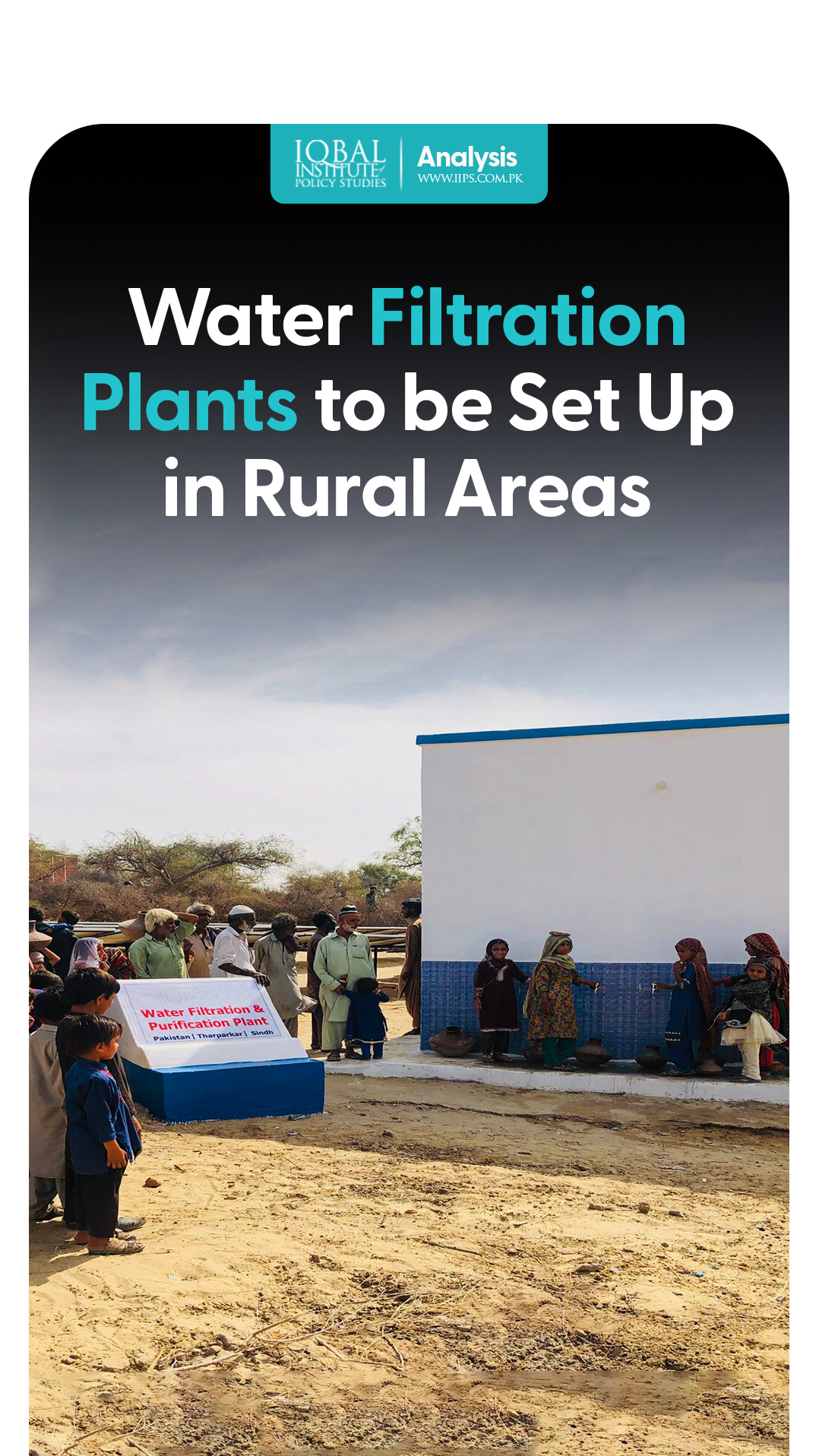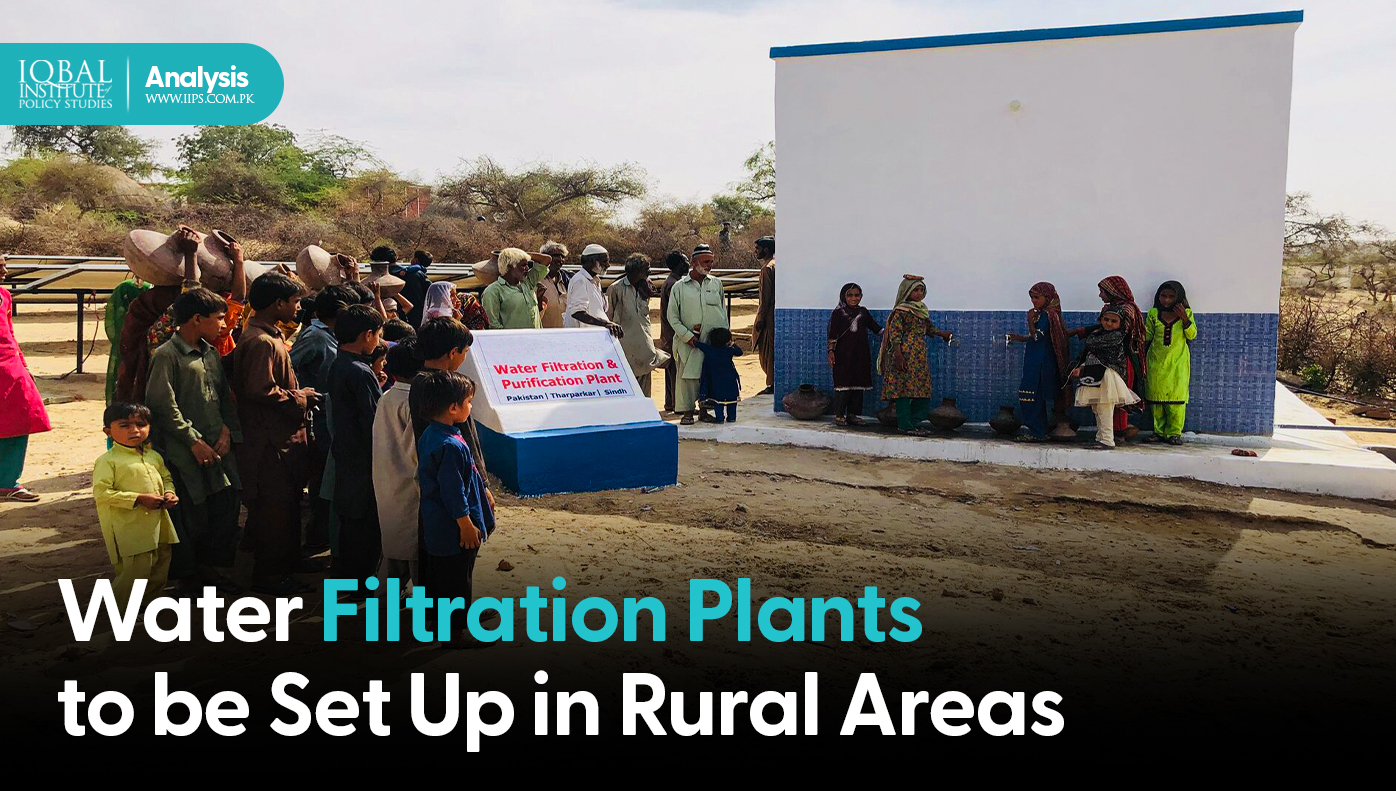Most households in Pakistan do not have access to adequate water or proper sanitation systems. According to WaterAid data, 21.7 million people do not have access to clean water, and over 19,400 children under five die each year from diarrhoea in Pakistan.
According to a World Bank report, the dire state of water supply and sanitation in Pakistan is creating significant health hazards for the entire population, and young children are particularly at risk. The rate of disease and stunting is increasing exponentially due to bacterial contamination of surface and groundwater.
Diarrhoea hinders the absorption of essential nutrients, impacting children’s learning and putting them at a permanent disadvantage. Therefore, urgent attention is needed to treat the water management systems.
WaterAid has launched an Access to Safe Water programme for rural communities to provide clean drinking water. Under this programme, seven water filtration plants will be constructed in rural areas. The programme will provide access to clean drinking water to over 24,000 people, including 2,400 children.
Furthermore, the government is trying to expand access to clean drinking water and improve sanitation, particularly in rural areas. Targeting available resources to the poorest and least well-served districts will not only maximise the direct impact of public spending but also reduce the negative spillovers created by poor quality sanitation and water to neighbouring non-poor areas creating a virtuous win-win cycle for all.



Leave a Reply